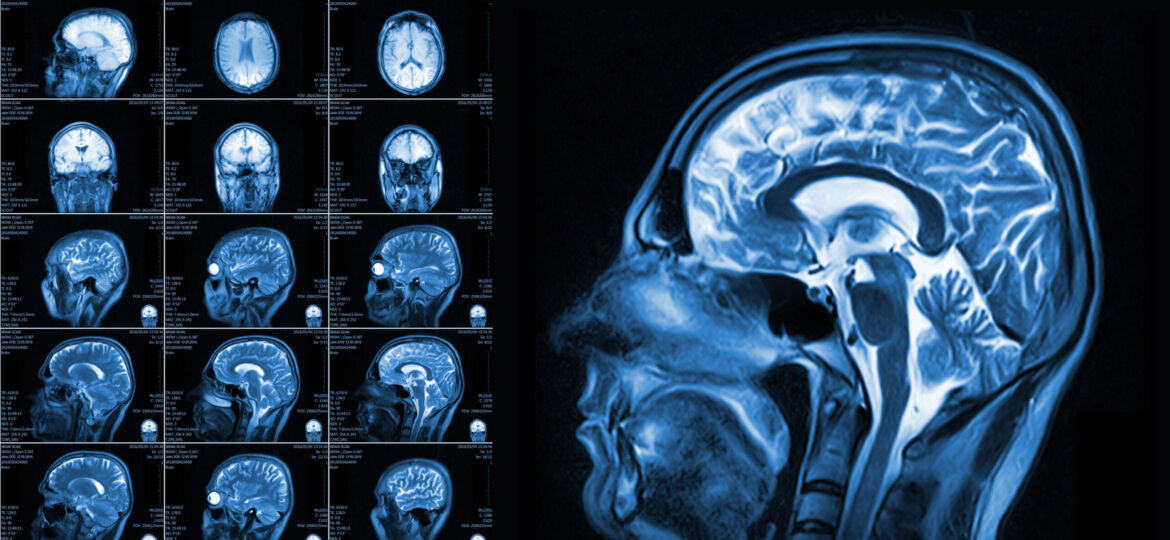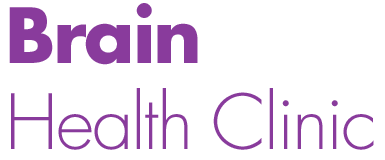
New Imaging Tool Establishes Benefits of Therapy
In a prior article we mentioned the value of Functional Magnetic Resonance Imaging (fMRI) for establishing the effectiveness of neurofeedback. New studies are using fMRI not just to demonstrate changes in brain activity, but also to direct neurofeedback therapy for patients. The results are a valuable demonstration that the work of the Brain Health Clinic has the potential to improve the lives of our clients. In this article we present some examples of experimental outcomes, but first we discuss just how fMRI works.
What is Functional MRI?
Functional MRI has the advantage of providing relatively rapid visual feedback on brain activity. The National Institute of Biomedical Imaging and Bioengineering (NIBIB) explains that fMRI works by “detecting the changes in blood oxygenation and flow that occur in response to neural activity – when a brain area is more active it consumes more oxygen and to meet this increased demand blood flow increases to the active area. fMRI can be used to produce activation maps showing which parts of the brain are involved in a particular mental process.” The blood flow response can take up to six seconds to be tracked by fMRI, leading to slight delays in generating neurofeedback responses. Therefore, scientists at the NIBIB are experimenting with even faster methods of real-time imaging.
One solution appears to be MRI scans that measure the stiffness of brain tissue. Theorizing that neurons become softer when receiving and sending brain signals, scientists were able to observe changes in brain tissue on the time scale of every 100 milliseconds. This truly real-time observation of brain activity is now being studied for use in human patients and could revolutionize the study of neurofeedback effectiveness.
Therapeutic Uses of Neurofeedback Studied with fMRI
In 2022, a French-Swiss team of researchers analyzed eight different neurofeedback studies that used fMRI. They found improvements for patients with ADHD, emotion dysregulation, symptoms of depression, hallucinations, psychotic symptoms, and certain phobias. They also saw that neurofeedback had a large effect on reducing anxiety.
A 2019 report written by a Czech-German team of psychiatrists in the journal Neuroimage focused on the value of neurofeedback for emotion regulation. Based on a review of studies using fMRI, they also concluded that neurofeedback demonstrated significant benefits for patients with depression and anxiety disorders. They saw neurofeedback as “a promising tool for emotion regulation enhancement with the potential to induce long-term symptom reduction in patients with various mental disorders.”
Finally, a 2021 study in Psychological Medicine was written by a multi-national team from Italy, the Netherlands, and the United States. Looking at both traditional electroencephalographic (or EEG) studies and fMRI research on neurofeedback as a therapy for reducing depressive symptoms, the team concluded that both methods are associated with “a reduction in self-reported depression.” Again, fMRI technology was used to both offer therapy and to demonstrate the effectiveness of neurofeedback for patients suffering from poor brain health.
To find out how you can explore the benefits of neurofeedback mentioned in these fMRI studies, contact the Brain Health Clinic by phone or online and ask for a free consultation.
